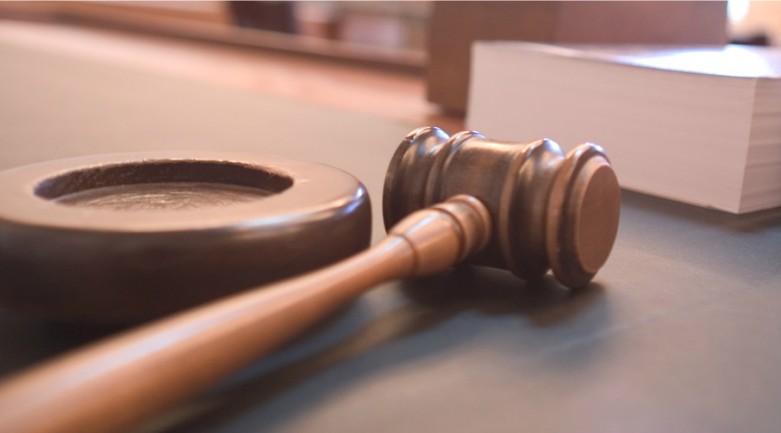
Net Neutrality Is Back in Court
As soon as the FCC adopted its landmark Net Neutrality rules back in February, the big Internet service providers and their assorted lobbying groups — not to mention their friends in Congress — made it their mission to kill those protections.
By the time spring rolled around, legal teams for the big phone and cable companies had sued to overturn the rules. In May, Free Press stepped in to defend the rules — and just this morning oral arguments were held in this case.
On one side: the bad guys lawyers for the ISPs. On the other: YOU.
Attorney Kevin Russell, representing Free Press, New America’s Open Technology Institute and Public Knowledge, helped argue on behalf of two-dozen public interest groups, social justice organizations and tech companies to defend the FCC’s decision. But everyone working to safeguard the Net Neutrality rules is doing so to protect the rights of Internet users everywhere. And that means you.
Free Press Policy Director Matt Wood was in the courtroom during the arguments this morning. “Today Net Neutrality supporters offered a forceful defense of people’s right to connect and communicate on the Internet,” he said. “We’re confident that the panel of judges will uphold the FCC’s ruling, because the agency chose the correct legal path to protect the rights Congress preserved for all Internet users.”
The thing that scares Comcast and company most can be summed up in two words: Title II. The Net Neutrality rules use the agency’s strongest authority — that’s Title II — to prevent ISPs from blocking, censoring, throttling or degrading Internet content, services and applications. And this Title II foundation gives the rules their best chance of survival.
“The agency got it right,” Wood said. “They returned to the solid foundation of the law in Title II, crafted strong safeguards built on that foundation, and restored protections for the open communications network that powers our democracy and our economy.
“With Title II authority, the FCC can stop access providers’ plans to block and throttle online content, no matter where in their networks they try to play these tricks. That’s the legal protection everyone needs to make sure they can speak up and participate in 21st-century life.”
The three appellate judges hearing the case this morning are expected to hand down their decision in early 2016. We’ll keep you posted—and in the meantime you can donate to fund the fight. Thank you!